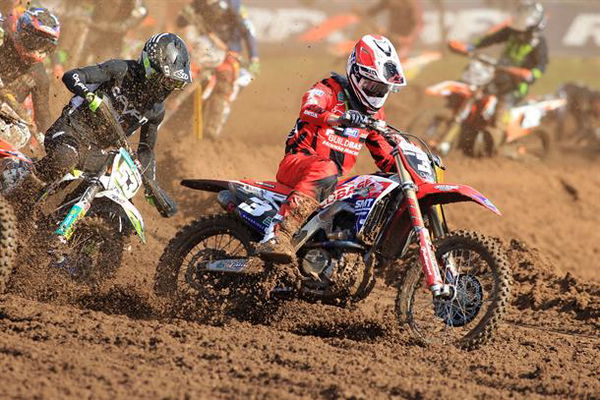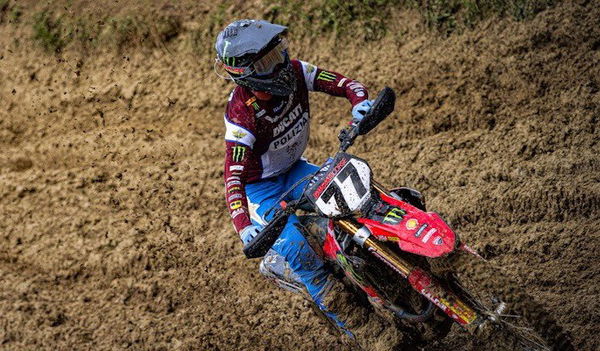Dakar Rally 2021 route and safety details revealed
The route, some of the stops and more information comes to light regarding the Dakar Rally 2021
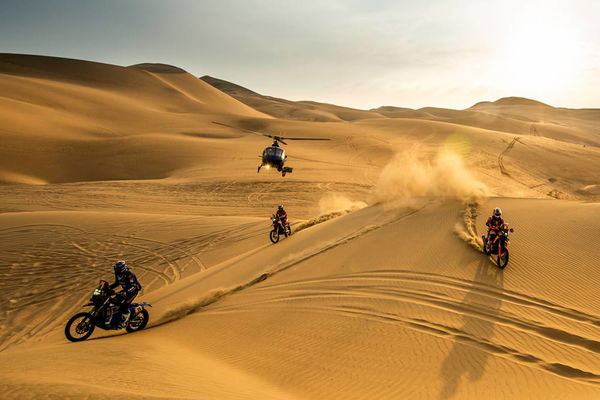
FOR the second year the Dakar Rally will be taking place in Saudi Arabia and is scheduled to run from 3rd to 15th January next year.
Despite remaining in Saudi for the second year on the bounce, the event will run to a brand new course taking in a gruelling 12 days.
Competitors will set off from Jeddah, heading southeast before looping around the Saudi capital of Riyadh before heading north. There is then a rest day planned for January 9th, with the teams and riders staying in Ha'il before heading west to the Red Sea. They will then hug the coast as they head south and back towards the finish line at Jeddah.
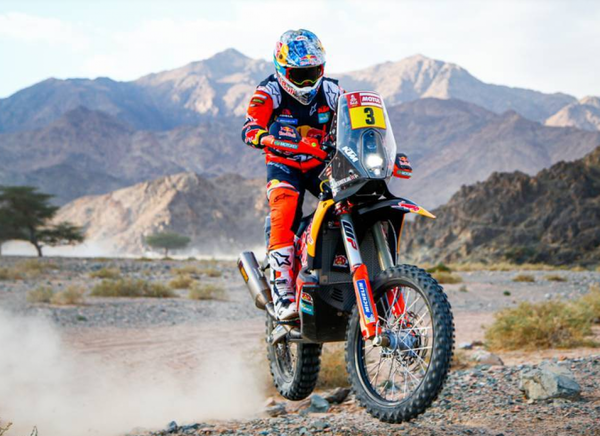
Dakar Rally safety measures
After some serious crashes and deaths at last year’s event (Paulo Goncalves and Dutchman Edwin Straver both died after crashing), the rally organisers are keen to make 2021 one of the safest running of the iconic desert race.
For 2021, all motorcycle competitors will be forced to wear airbag vests, while aural warnings will be used to notify competitors that they are approaching a potentially dangerous section. In these designated ‘slow zones’, bikes will be limited 90kph (55mph) in some of the more severe sections.
Road books will now be handed to the riders just before the start of the stage (as opposed to the night before the stage). The hope is that this will cause the riders to slow down slightly, as they take on the unfamiliar route and terrain.
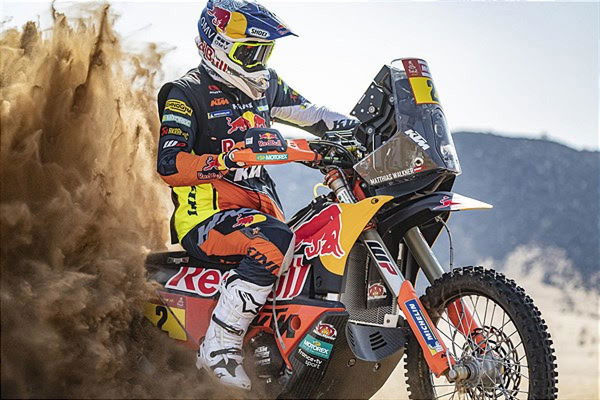
Dakar Rally support vehicles for motorcycles
There are also some motorcycle-specific changes for 2021, all of which are aimed at slowing the riders slightly and making them take more care of themselves and their bikes.
The organisers are placing a limit on the number of tyres a rider has available, hopefully making them more mindful of the rubber fitted and taking it a little easier.
Bikes that need a second piston change – something that can be quite common in the harsh environment – will be eligible for a time penalty. Up until now, it was the entire engine being changed that would force a penalty, meaning riders had a much larger envelope of risk to play in.
Repairs to the bike during a fuel stop are also prohibited, with teams only allowed to change the roadbook over for the next stage of the rally. They can however offer repairs in the timed section, albeit with the clock running.
